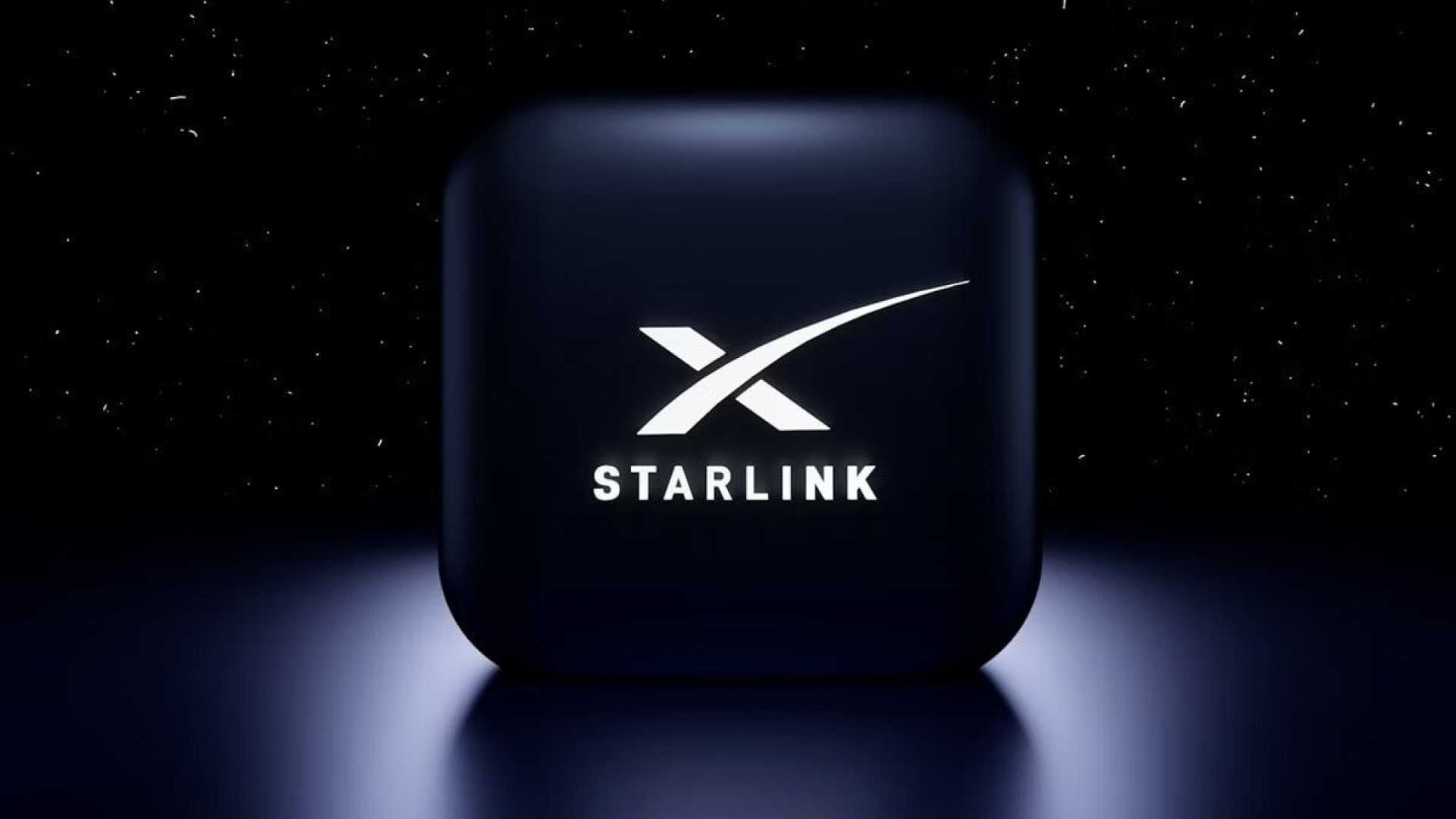Politics
U.S. Encourages Tariff-Pressured Nations to Approve Musk’s Starlink

WASHINGTON, May 7 (Reuters) – The United States is reportedly encouraging nations facing steep tariffs imposed by President Donald Trump to approve the satellite internet service, Starlink, operated by Elon Musk‘s company. According to documents from the State Department, U.S. embassies have been lobbying foreign governments to facilitate the entry of Starlink into their markets.
The Washington Post, which first reported this development, stated that while there is no evidence the Trump administration has explicitly demanded favors in exchange for regulatory approvals, Secretary of State Marco Rubio has directed officials to promote Starlink’s prospects in various nations.
This push comes in light of Trump’s 50% tariff on imports from countries like Lesotho. These nations, in pursuit of more favorable trade relations, are increasingly looking to partner with Musk’s satellite firm. Countries such as India, Lesotho, Vietnam, Somalia, and the Democratic Republic of Congo have either expedited or partially approved Starlink agreements amid ongoing trade discussions with the U.S.
An internal memo from the State Department suggests that Lesotho’s approval of the Starlink licensing is seen as a gesture of support for American business interests. Senior U.S. officials have advocated for swift approvals, especially as the White House increases trade talk efforts.
The report highlights a potentially controversial intersection of politics and business, raising concerns about conflicts of interest linked to the connections between Trump and Musk. Critics argue that applying pressure for foreign countries to favor U.S. companies creates an unfair advantage and undermines ethical standards in trade negotiations.
As regulatory discussions unfold, Lisa Gilbert, co-president of a consumer advocacy group, condemned the situation as representing a troubling conflict of interest, stating that government resources should serve public benefit rather than individual profits. Congressman Greg Casar (D-Texas) echoed these sentiments, labeling the situation as a significant scandal.












